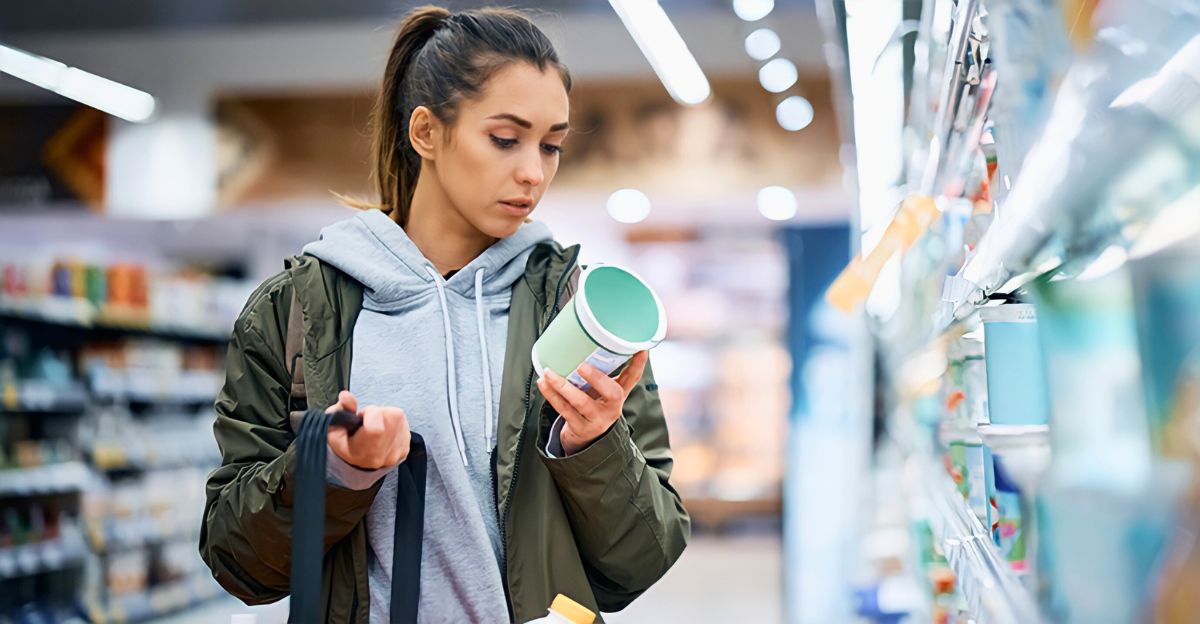
A beauty brand made waves in the industry, capturing the attention of young consumers with its bold packaging and innovative formulas. The brand quickly blew up on social media, especially TikTok, as influencers and everyday users shared overwhelmingly positive reviews and tutorials.
The brand’s products were constantly selling out, becoming a beauty must-have for Gen Z and Gen Alpha. While retailers rushed to restock their shelves, competitors looked on in awe. The viral beauty brand seemed unstoppable, but suddenly, its sales are dropping significantly.
Shifting Consumer Habits
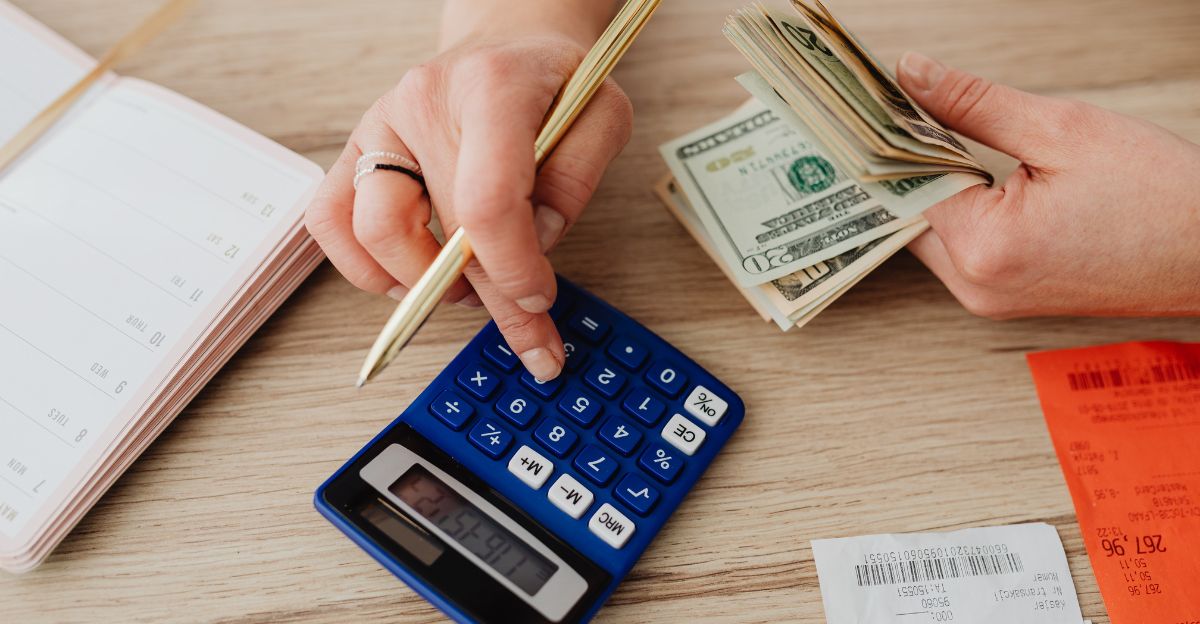
Just as quickly as the brand blew up, consumer habits began to change. The post-pandemic surge in beauty spending slowed down significantly, and many people, especially teenagers, began feeling overwhelmed by their overflowing drawers of beauty products. Credit card data showed a noticeable drop in beauty purchases for Gen-Z, and even Gen Alpha started buying less of these products.
The market’s appetite for novelty waned, and while skincare products still sold, makeup and fragrance sales struggled to keep up. The popular brand, which was once a must-have, now faced a more cautious and selective customer base.
Parent Company Under Pressure

Behind the viral brand’s success stood a well-established parent company that was facing its own challenges. The conglomerate, known for its legacy lines, reported a massive 25% drop in sales over the past twelve months. Executives said that this was due to a combination of issues, including inventory issues, unclear brand messaging, and economic uncertainty.
The company’s leadership knew they had to define who their brands were for and put new energy into their older, well-known brands and the newer ones. The pressure only grew as shareholders demanded answers and a strategy for reversing the downturn.
Industry-Wide Slowdown
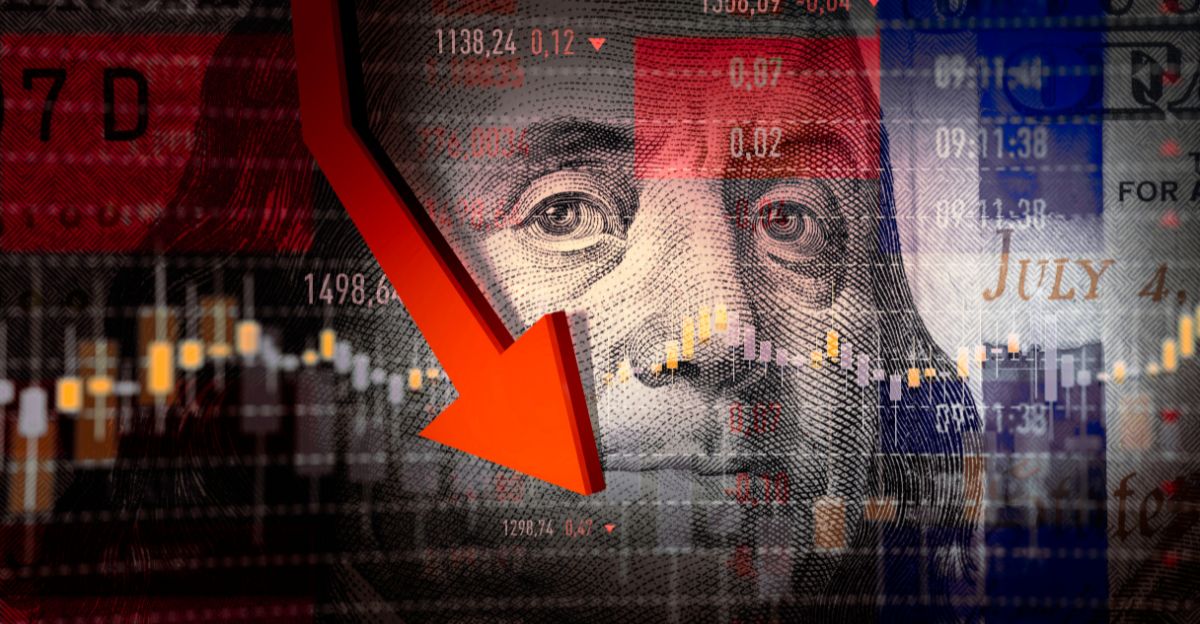
The entire beauty industry struggled. Popular brands like Estée Lauder, Coty, and L’Oréal also reported weaker-than-expected sales. Many factors contributed to this downturn, including inflation, retailer order reductions, and a lack of innovation.
Even some of the most popular brands struggled to maintain their usual sales as consumers moved from one viral sensation to another. The era of over-the-top beauty routines began to fade, which left many companies scrambling to recapture customer loyalty and relevance in a crowded market.
Drunk Elephant’s Steep Decline

The brand was Drunk Elephant, which was once a majorly successful brand, known for its bold, playful packaging and cult-favorite beauty products. However, in recent years, its popularity has dropped significantly, with sales dropping 65% year-over-year.
Drunk Elephant’s parent company, Shiseido, blamed the drop on inventory issues and confusion around the brand’s identity. While Drunk Elephant was once a must-have for Gen Z and Gen Alpha, its rapid rise might have alienated older consumers, leaving the brand in search of a new path forward.
The TikTok Effect Wanes

Drunk Elephant’s viral success was mainly due to TikTok hype and influencer buzz. However, with time, social media users became more selective, and beauty fatigue set in, which is why the impact of influencer marketing began to fade.
Constant product launches and challenges overwhelmed social media users, and consumers began to question their purchases. The democratization of beauty on social media, which was once a strength, suddenly made it harder for brands to dominate the spotlight.
Retailer Dynamics and Lost Loyalty
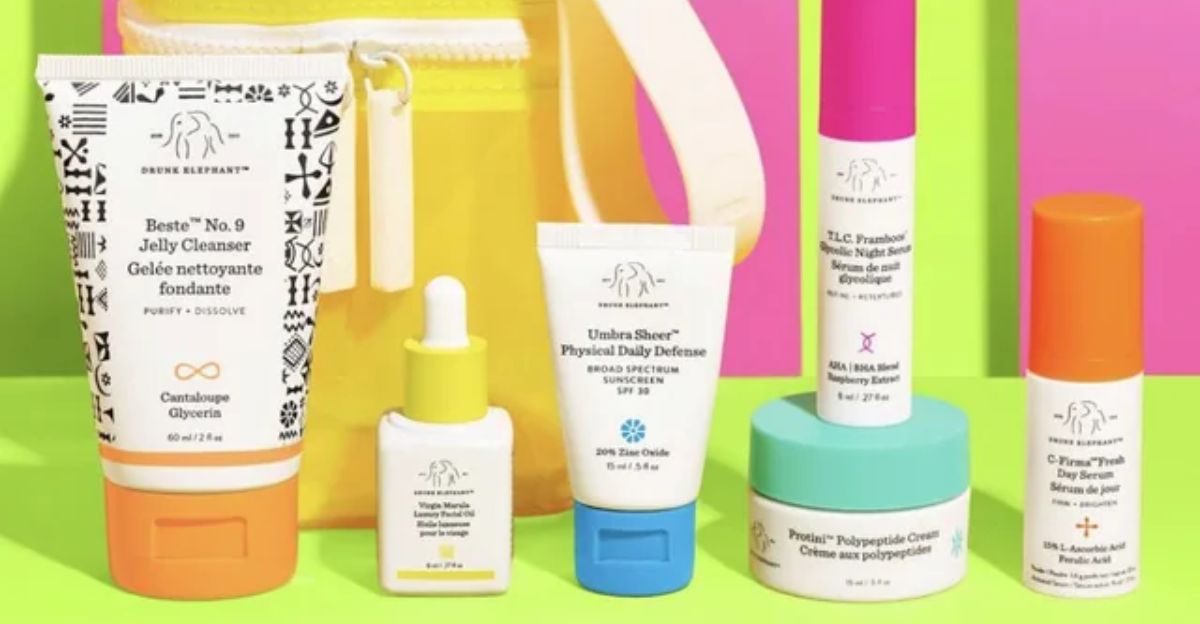
Stores like Sephora and Ulta helped make Drunk Elephant popular, but because they offer so many options, their brand loyalty was fragile. New competitors were constantly popping up, which meant that customers could easily switch to other brands.
With few in-store sales associates helping customers or promoting the brand directly, and more people shopping on their own, Drunk Elephant struggled to connect with consumers. With countless other alternatives, the brand struggled to stand out, and its prized shelf space no longer guaranteed strong or steady sales.
Strategic Missteps and Communication Gaps
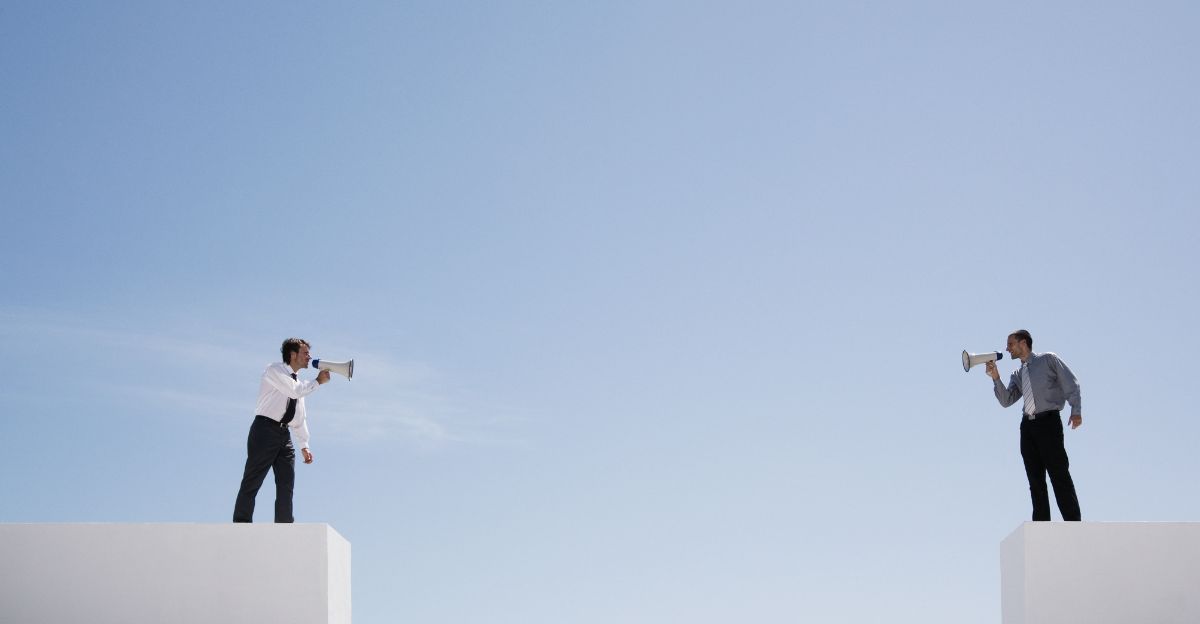
Shiseido’s leadership recognized that Drunk Elephant needed a clearer mission and a better-defined target audience. Mixed messages and an unclear brand promise confused old and new customers.
The rush to capitalize on viral trends might have led to overextension, causing the brand to lose its unique appeal that first drew people in. Now, executives are trying to decide if they should focus on core products or keep chasing fast-moving trends, while knowing that too much communication can overwhelm and push shoppers away.
Lessons from the Downturn

The company’s struggles show the volatility of the modern beauty market. While viral fame can cause massive growth, it usually does not guarantee longevity. Brands have to balance innovation with authenticity instead of chasing every trend.
In today’s market, clear messaging, targeted marketing, and a strong core identity are more important than ever. Parent companies face the challenge of supporting established and newer brands while keeping up with changing consumer needs.
The Road to Recovery
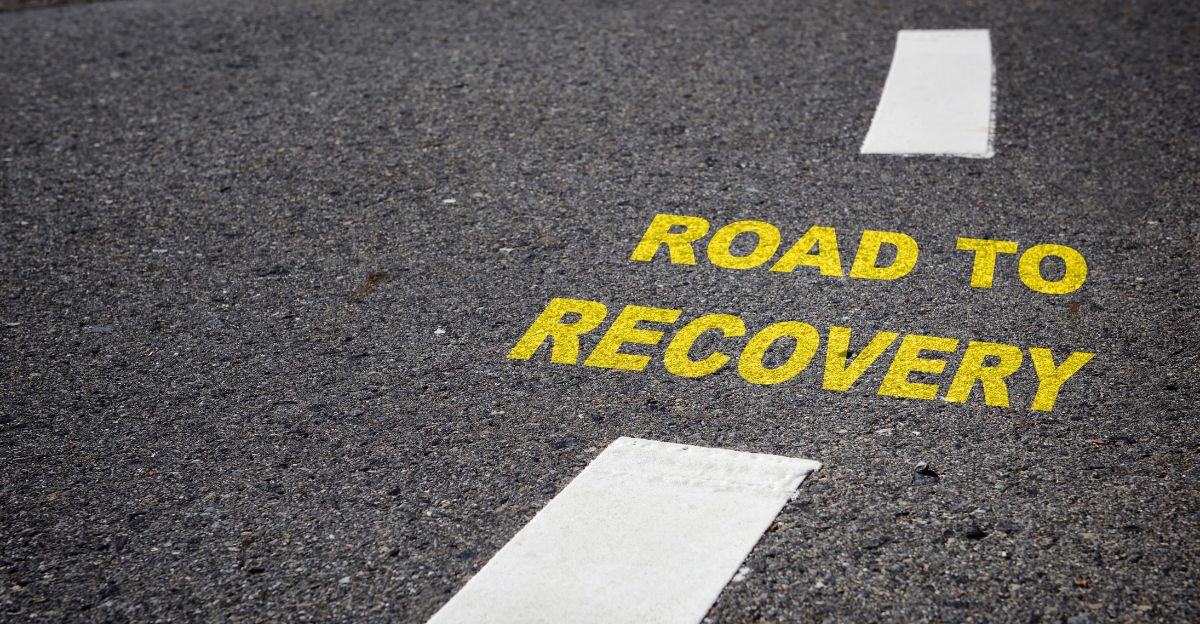
For now, the road ahead remains uncertain for Drunk Elephant and its parent company, Shiseido. Industry experts recommend that the brand return to basics, focusing on its best-selling products, rebuilding consumer trust, and reconnecting with its core customers.
As the beauty industry continues to grow and change, only brands that adapt thoughtfully and communicate authentically will survive. Drunk Elephant’s situation serves as a warning and a lesson in resilience in today’s ever-changing market.